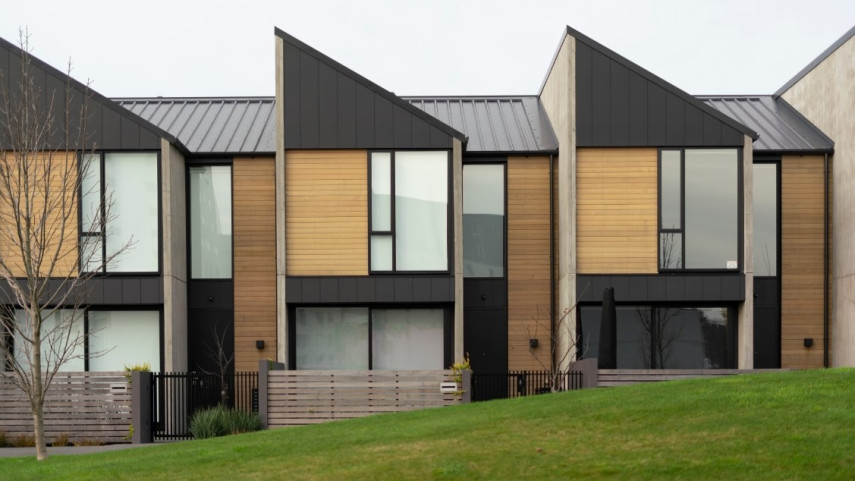
Final rules released for short-term visitor accommodation

Share this story
The Environment Court has released new rules for how short-term visitor accommodation can operate in Christchurch.
The release of the District Plan rules marks the final stage for Plan Change 4, aimed at managing the benefits and impacts arising from the increasing use of properties for short-term accommodation e.g. Airbnb. The plan change sets rules on visitor accommodation in the different zones of the city and under what circumstances it’s allowed without consent.
Following public consultation, Council approved the plan change in March 2022. Airbnb subsequently lodged an appeal to the Environment Court. Mediation was carried out between interested parties with the Environment Court releasing its decision on the final District Plan rules earlier this week, Tuesday 24 July.
Council Head of Planning and Consents John Higgins says it was good to have the final orders from the Environment Court, reflecting the position reached by all parties through the mediation process.
“I would like to thank everyone who has participated in the plan change process. As a Council we need a District Plan that acknowledges the benefits of short-term accommodation, but also manages potential impacts on neighbours and the community. The new rules will allow for this.”
Under the new rules in most residential and rural zones, hosted visitor accommodation for up to eight guests will generally be a permitted activity. This means property owners who live on site and rent out a room/rooms will not need a resource consent, provided they don’t have more than eight guests per booking.
However they will be required to notify the Council and keep records of the number of nights they rent rooms out for.
In residential zones, houses or units where the owner doesn’t live on site, known as unhosted accommodation, can be rented out for a maximum of 60 nights per year without needing a resource consent. Several conditions apply including having a maximum of eight guests, notifying the Council, keeping records, providing visitors with clear instructions and appointing a local person to manage the properties.
If the property is rented out for more than 60 nights per year, or to more than eight guests in one booking, a resource consent is required.
In rural zones houses can be rented as unhosted accommodation for a maximum of 180 nights per year without requiring a resource consent. Properties rented out for 181 nights or more per year, or exceeding more than eight guests, must have a resource consent.
Other rules also apply in specific situations, for example, properties in the airport noise contour and heritage buildings.
“If you have a house that you rent out for short-term accommodation it’s important that you learn about what the new rules are and what this might mean for your property,” says Mr Higgins. “Depending on your situation you may or may not require a resource consent to operate as a short-term accommodation provider.”
The new rules are effective from Monday 24 July 2023, and Council will make the plan change operative, at its meeting in September.
More information will be available at ccc.govt.nz/guestaccommodation and the full District Plan rules updated in time at ccc.govt.nz/districtplan.
